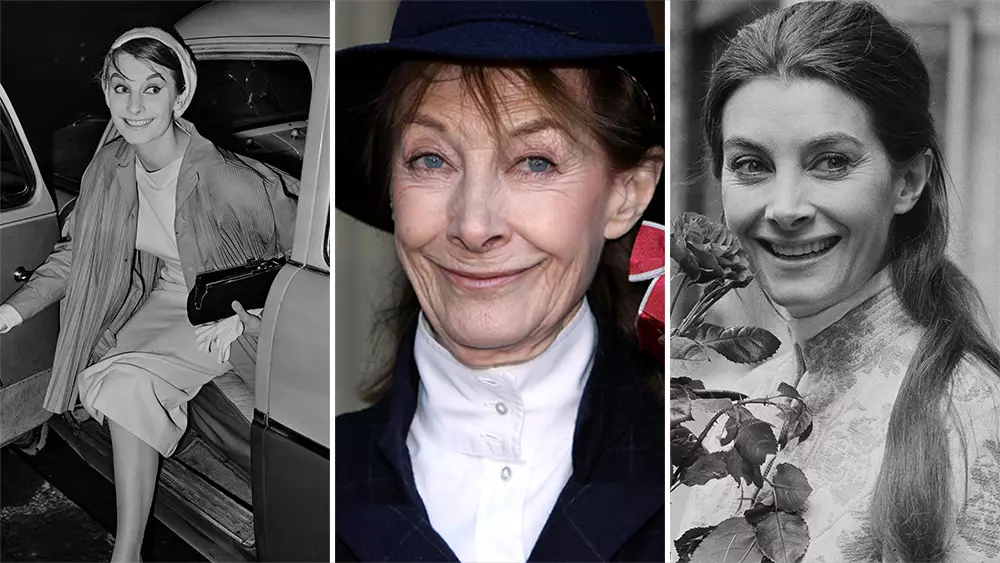The passing of Jean Marsh at the age of 90 marks the end of an era for British television. More than just an Emmy-winning actress, Marsh was a potent force in the industry, known for her extraordinary ability to infuse complex characters with depth and authenticity. She co-created the iconic “Upstairs, Downstairs,” an influential series that laid the groundwork for future period dramas, including the modern gem “Downton Abbey.” While many actors fade into obscurity, Marsh’s innovative work will undoubtedly linger, shaping the narrative landscape for years to come.
Cultural Context and Social Commentary
The world of “Upstairs, Downstairs” served as more than just a stage for dramatization; it became a reflection of societal norms and a critique of class disparity in early 20th-century England. The series was set against a backdrop of significant sociopolitical upheaval, embodying the tensions between the upper class and their domestic workers. This dichotomy resonates even today, as issues of class, privilege, and the ever-evolving narrative of social justice remain pertinent. Marsh’s character, Mrs. Rose Buck, transcended mere entertainment; she became emblematic of the challenges faced by working-class individuals striving for dignity and respect within a rigid class structure.
The Art of Reinvention
Marsh’s career exemplifies the art of reinvention, something that is notoriously difficult in the entertainment sphere. Born Jean Lyndsay Torren Marsh in London and trained in a variety of performance mediums, she became a household name despite the transition from stage to screen. In an era where television was still finding its footing, she navigated both mediums with a grace that readily showcased her versatile talent. The fact that she returned to her celebrated role in the 2010 revival further underscores her enduring relevance in a landscape that often forgets its past heroes.
A Personal Note on Creativity and Gender
Marsh not only captivated audiences but also took significant strides as a female creator in a predominantly male industry. Co-creating “The House of Eliott,” she brought to life the aspirations of women in the competitive world of fashion design during the 1920s, a time characterized by societal upheaval and shifting gender roles. Her work serves as a reminder of the importance of female voices in storytelling, particularly in a climate where discussions surrounding gender equality are more salient than ever.
Reflecting on Loss and Memory
News of Marsh’s death, attributed to complications from dementia, feels particularly poignant. It underscores a cruel irony in which a vivid storyteller slowly fades from the collective consciousness. Such losses call for a deliberate acknowledgment of the impact these artists have on our lives and cultural discourse. While we mourn, it’s imperative to celebrate her contributions, engaging with the timeless stories and characters that will forever remain enshrined in the annals of television history.
In the wake of her passing, we are left not just to grieve but to honor Jean Marsh’s indelible influence, which remains a beacon for aspiring actors, writers, and creators willing to challenge the status quo.

Leave a Reply